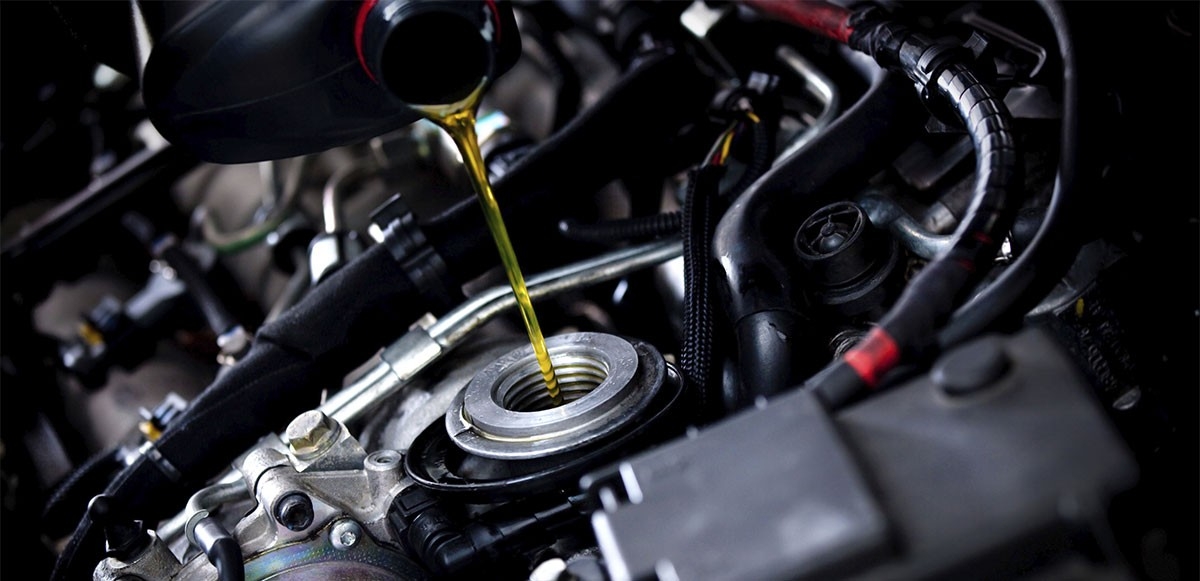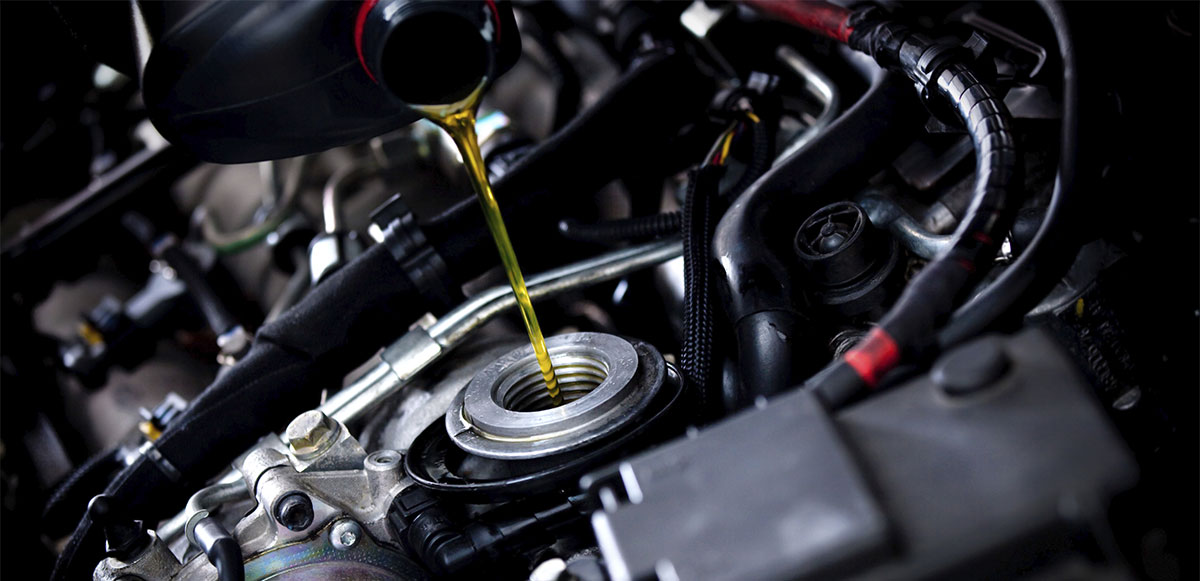What you need to know about changing engine oil


Proper adherence to car maintenance tasks such as regular changing of your engine oil is crucial to keep your vehicle running smoothly and efficiently. Engine oil has many functions, among them lubricating, cooling, cleaning and protecting engine moving parts from wear and tear. Besides these, engine oil also helps to filter out contaminants and impurities from the engine and keep it in pristine condition. One of the most important functions of engine oil is that it also thwarts corrosion and rust, prolonging the longevity of the engine.
5 reasons to never neglect the oil changeFollowing an erratic routine of changing your engine oil can lead to disastrous consequences for your vehicle and wallet. Here are 5 reasons why one must never neglect the oil change:-
Reduced fuel efficiency:Degraded engine oil can result in the accumulation of deposits on critical engine components, including pistons, valves, and injectors. These contaminants can obstruct the fuel delivery system, leading to incomplete combustion. Consequently, the engine may adjust the fuel-air mixture, increasing the fuel-to-air ratio, thereby necessitating a higher fuel consumption to maintain the same power output.
Elevated emissions:Inefficient combustion can have severe environmental and health repercussions due to the increased emissions of harmful pollutants, including smog-forming compounds and greenhouse gases such as carbon monoxide (CO), unburned hydrocarbons (HC), nitrogen oxides (NOx), and other toxic substances. These emissions contribute to air quality degradation and pose significant risks to human health and overall well-being.
Engine damage:The severe operation with combination of elevated temperature, pressure, and oxidation can degrade engine oil over time. As the oil loses its lubricating properties, it results in metal-to-metal contact, thereby increasing friction and wear among engine components. Additionally, the acidity in degraded engine oil can be corrosive to the metallic surfaces within the engine.
Overheating of engine:When engine oil becomes contaminated with particulates such as dirt, metal shavings, and other impurities, its viscosity increases. This thickened oil exhibits reduced flow characteristics, impairing its ability to effectively circulate through the engine and dissipate heat. Consequently, this leads to elevated engine temperatures. One of the primary functions of lubricating oil is to facilitate heat dissipation at the sump, ensuring the engine operates within optimal temperature parameters.
Buildup of sludge: Over time, degraded or contaminated lubricants can lead to the formation of sludge, a thick, sticky, gel-like substance that obstructs oil flow and clogs oil passages. This impedes the lubricant’s ability to reach critical engine components, thereby compromising its protective functions, heat dissipation capabilities, and acid neutralization properties. Consequently, this can result in operational stoppages, unplanned breakdowns, or, in the worst-case scenario, complete engine failure.
Recommended tips to change your engine oil There are no rigid set of rules to change your engine oil since it depends on numerous factors, namely the type of oil (conventional or synthetic), vehicle model, condition of the engine, driving conditions, and the owner’s driving habits. For example, if you frequently undertake short drives, in extreme weather, with heavy loads, or in traffic that stops and starts, you may have to follow a routine of changing your oil more regularly than if you mostly undertake long drives on highways in moderate weather.
Also, always check your owner's manual for the specific guidance for your car and follow the service reminder, in the event your car has one. These systems monitor how hard you drive your car and accordingly adjust the oil change frequency.
Always keep a close watch on your oil level and top it off if necessary. Some newer cars may need more oil top-offs in between changes. While checking your oil, also pay attention to the color. Oil color is not always the only sign of oil condition, good oil should be a clear, brown-black color. However, if the oil is cloudy or milky, then it requires servicing as soon as possible.
Remember, changing your engine oil regularly is a simple and economical way to extend the longevity of your engine and prevent costly repairs. It is important not to neglect this crucial fluid as this can risk damaging your car. Ensure you schedule an oil change today and enjoy the benefits of a well-maintained engine.





























